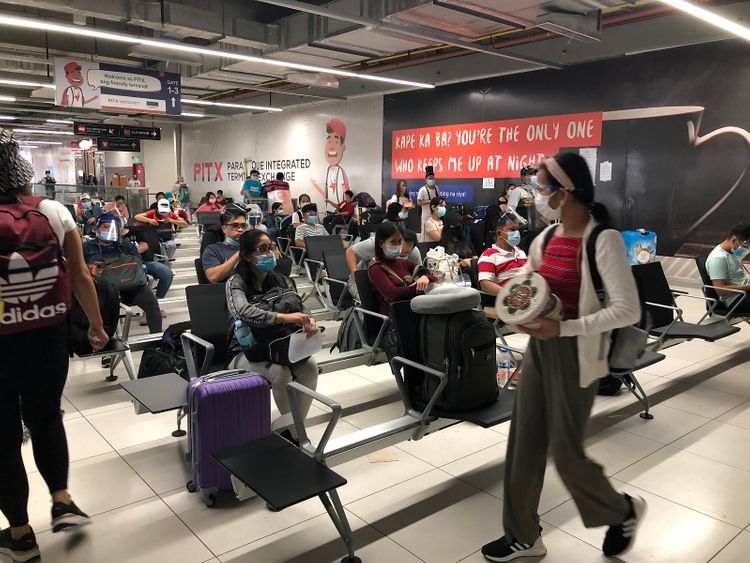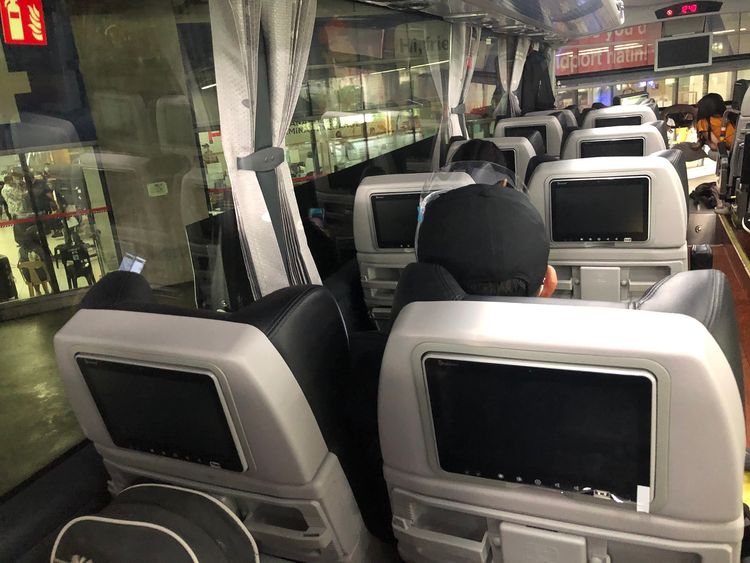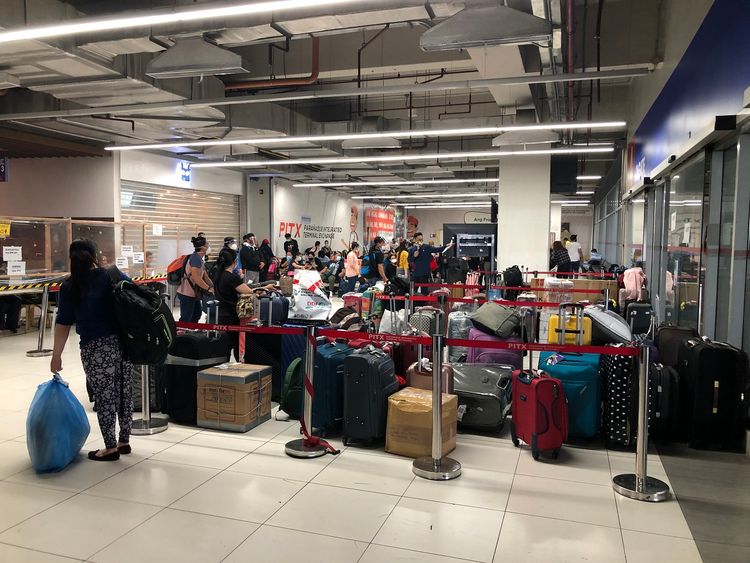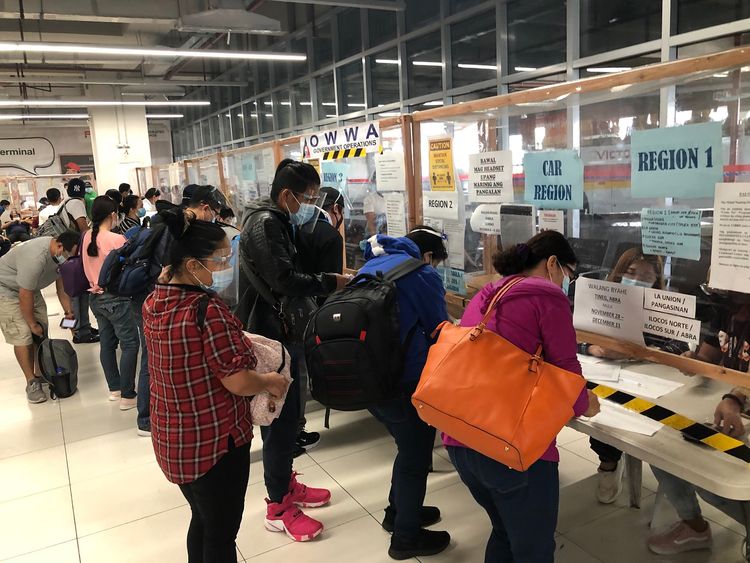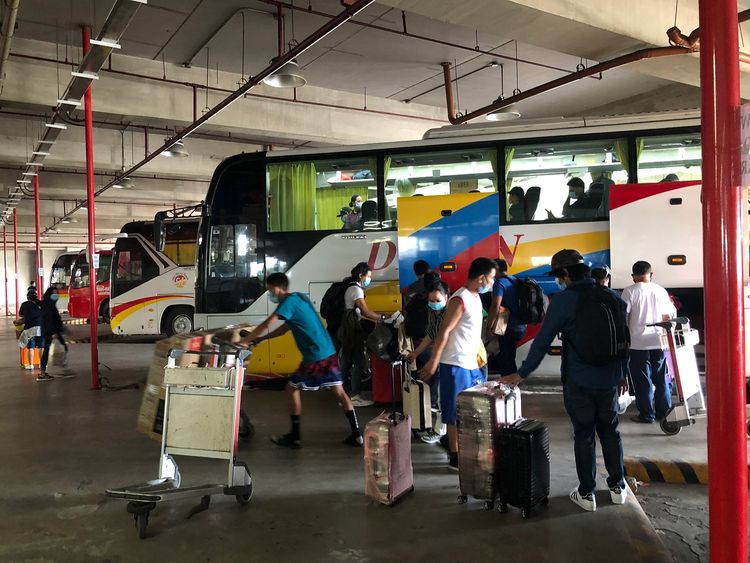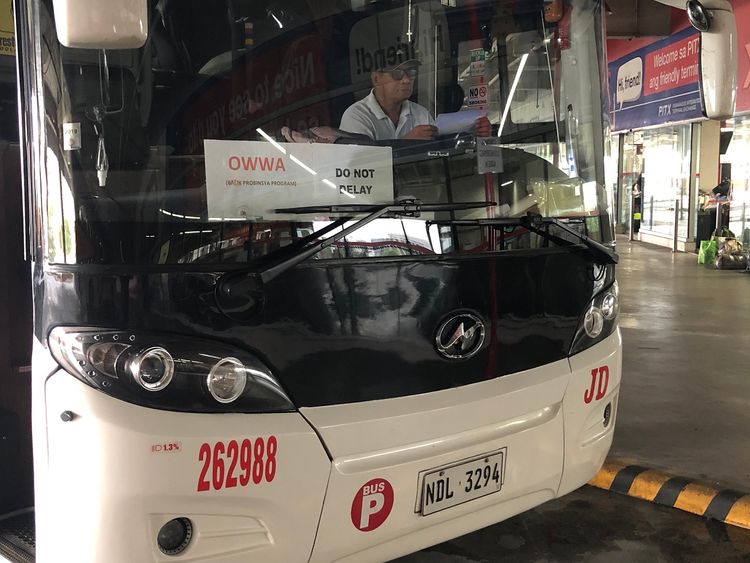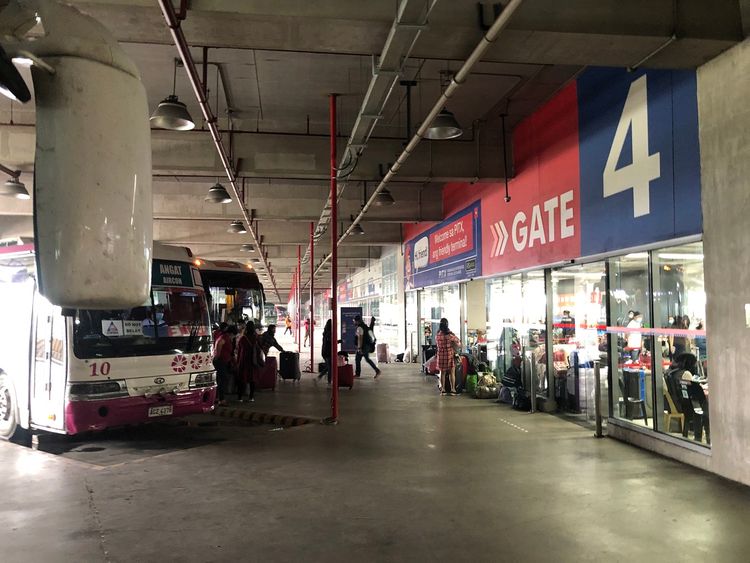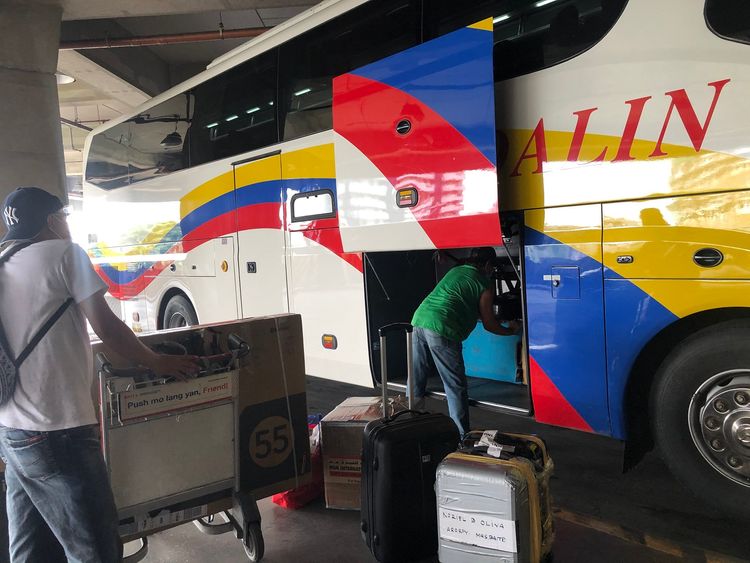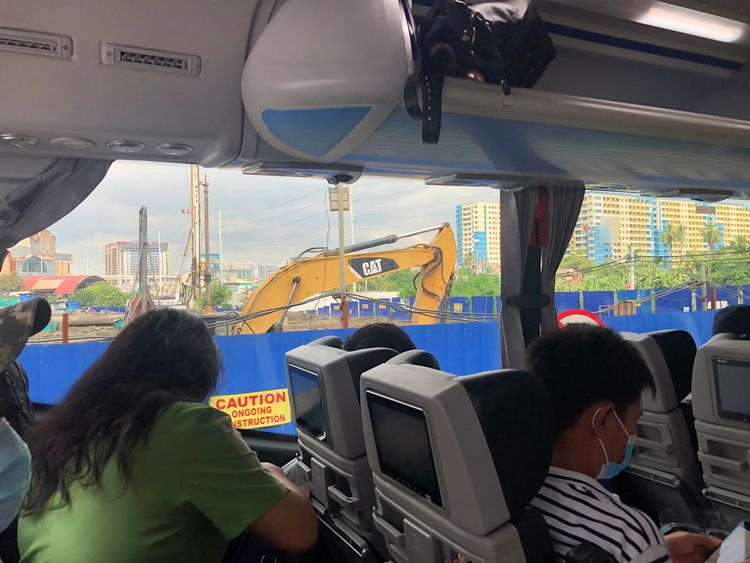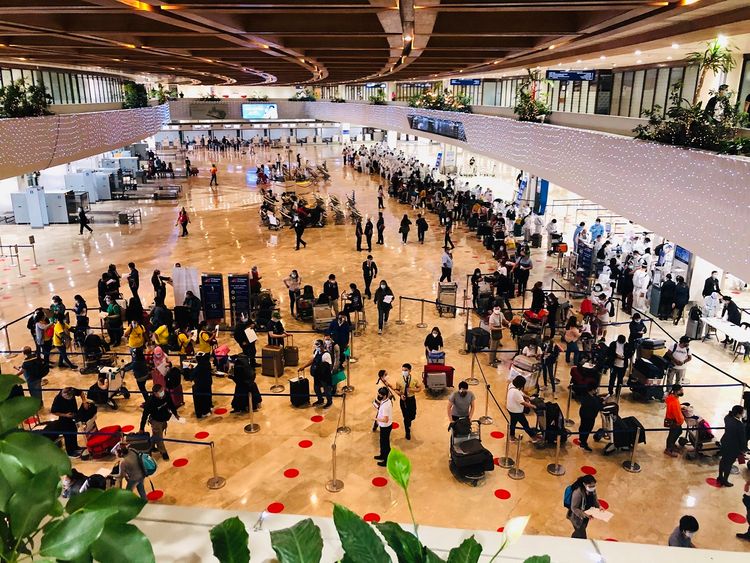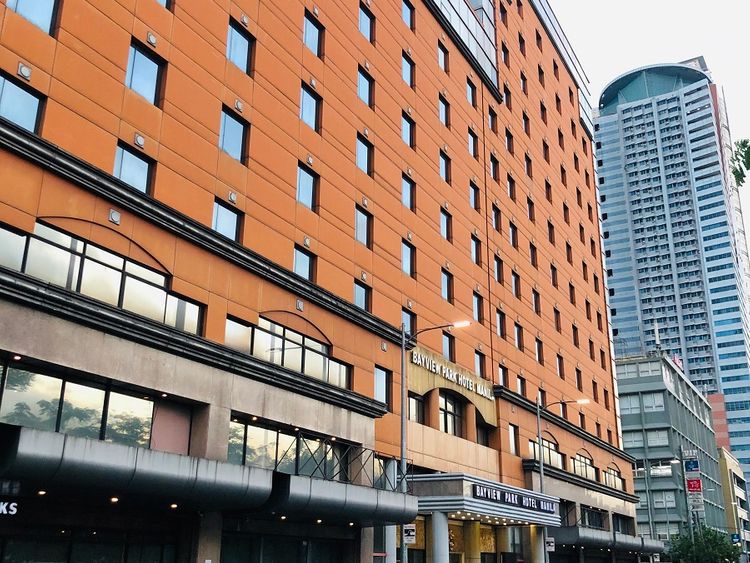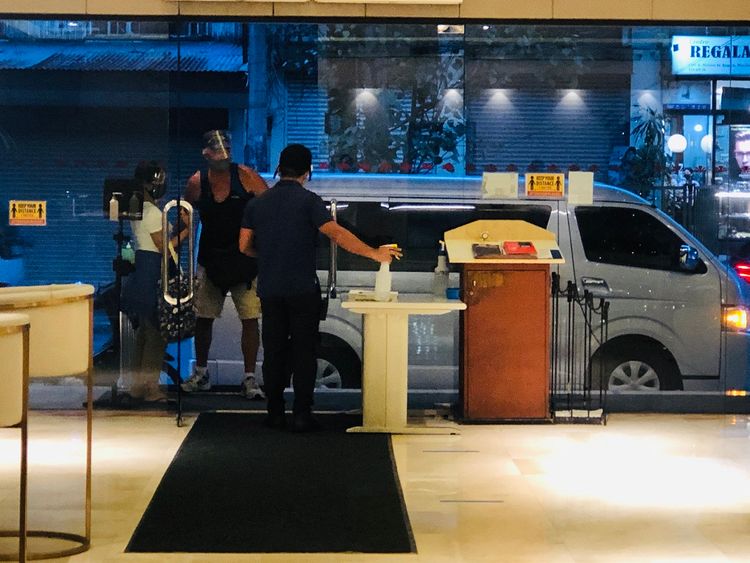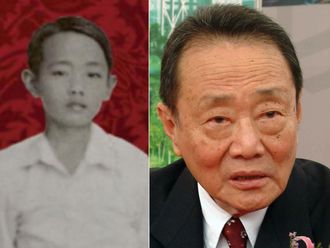A rule mandating RT-PCR test for local travel has been scrapped in the Philippines following a recent government decision. The move came as a result of efforts to unify travel protocols in all local government units (LGUs), according to a senior official.
More importantly, it also scrapped the requirement to secure a travel authority document from the police and a clearance from local health authorities. In the past, these two documents, in addition to a negative PCR test result, were required for people to move from one province or city to another within the Philippines. The latest government decision is seen as a way to kickstart domestic tourism. Following are the updates:
When was it announced?
The IATF resolution was dated February 26, 2021, but was announced by the Presidential Palace on February 27 (Saturday). Rules related to COVID-19 measures are decided upon by the Inter-Agency Task Force on the management of Emerging Infectious Diseases (IATF-EID). The task force updates and revises protocols from time to time as part of precautionary measures to control the pandemic.
Who came up with the new travel protocols?
The Uniform Travel Protocols (UTP) for land, air and sea was drafted and recommended by the Department of the Interior and Local Government alongside the Union of Local Authorities of the Philippines (ULAP), the League of Provinces of the Philippines, League of Municipalities of the Philippines and the League of Cities of the Philippines.
What if a traveller exhibits symptoms of COVID-19 infection upon arrival at a destination?
The latest IATF resolution states that while travellers shall no longer undergo quarantine, it will be handed if and when they exhibit symptoms upon arrival at their destination.
■ The requirement for a travel authority issued by the Philippine National Police (PNP) Joint Task Force COVID-19 Shield, for domestic travel has also been scrapped.
■ Travellers are no longer required to secure a health certificate from local health authorities prior to their trip.
■ Travellers can no longer be compelled to go on quarantine — unless they exhibit symptoms upon arrival at their destination according to the resolution.
■ Domestic travellers still have to undergo COVID-19 testing — but only if required by the local government unit (LGU) of their destination.
What is a local government unit (LGU)?
Officially, local governments in the Philippines, often called local government units (LGUs), are divided into three levels — provinces and independent cities; component cities and municipalities; and barangays (villages). As per the IATF resolution, “LGU” refers to
- Provincial government
- Authorities of highly-urbanised cities
- Independent component cities
What’s the difference between then and now?
LGUs used to have different requirements for incoming travellers, particularly the negative “swab test” (PCR) results, with varying mandatory quarantine and travel and health certificates requirements for every jurisdiction. Some LGUs require quarantine in their own facilities, while others require home quarantine.
By “travellers”, what does the new resolution mean?
It means, under IATF Resolution 101, only domestic travellers. Scrapping of the mandatory RT-PCR tests applies only to local travel — whether entering their destination by land, air, and/or sea ports. Under the new protocols, travellers no longer need to undergo COVID-19 testing — unless required by the destination LGU.
Do International travellers flying into the Philippines still need a PCR test?
Yes. The rule mandating quarantine and RT-PCR tests for international travellers upon landing remains in place as Resolution 101 applies only to domestic travellers.
Who’s required to undergo clinical and exposure assessment?
Clinical and exposure assessment shall be done to ensure that only asymptomatic travellers, and those who did not have close contact with COVID-19 patients, can enter the LGUs.
Health assessment of passengers, supervised by medical doctors, shall be mandatory upon entry in the port/terminal and exit at point of destination, according to the IATF.
Besides RT-PCR, does the Philippine government accept other tests?
No. Only PCR is accepted at the moment. “Testing will be limited to RT-PCR test,” Roque told state-run PTV on Saturday.
What coronavirus infection control measures remain in place?
Authorities continue to strictly implement minimum health protocols, such as:
- Wearing of face masks
- Physical distancing
- Wearing of face shields
Will quarantine facilities be scrapped now?
No. Ports and terminal facilities are mandated to have “sufficient quarantine/isolation facilities”. They must also keep a referral system “wherein symptomatic travellers shall be transferred to quarantine/isolation facilities to enable the Bureau of Quarantine for airports, or local health officials for LGUs, to take over.”
180
number of hotels identified as quarantine facilities in Manila alone.What about land travel from Manila?
All buses in Metro Manila bound for the provinces shall be required to use the Integrated Terminal Exchange as the central hub for transportation. LGUs may also opt to provide transportation for all travellers who are transiting from one LGU to another in cases of arrivals at air and seaports to their end-point destinations.
Can LGU arrange travel transport too?
Yes. According to the new local travel protocols, LGUs may opt to provide transportation for all travellers who are transiting from one LGU to another in cases of arrivals at air and seaports to their end-point destinations.
How will the domestic travel system be managed?
The Philippines’ Department of Science and Technology (DOST) has the S-Pass Travel Management System. The Duterte government announced on Saturday that the S-Pass will be be institutionalised as the one-stop-shop application or communication for travellers.
What contract-tracing app is used in the Philippines?
The StaySafe.ph System shall be utilised as the primary contact tracing system. Other existing contact tracing applications, such as Traze App, must be integrated with the StaySafe.ph System.
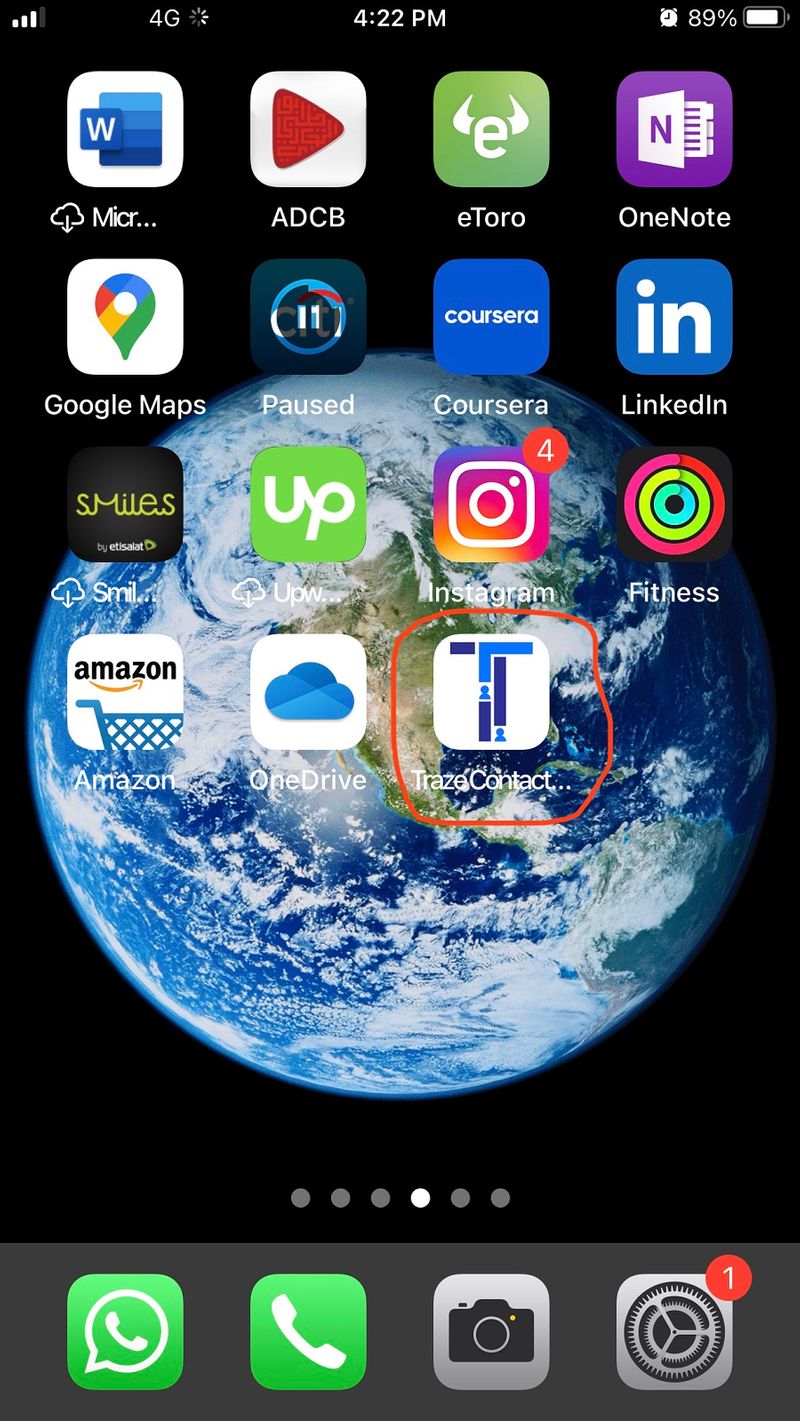
Have the international travel curbs on 30 countries been lifted?
Yes. On January 29, the Philippine government announced the lifting of a ban on travellers from over 30 countries and regions effective February 1.
When was the international travel ban imposed?
The travel ban was imposed on December 31, 2020 when a travel ban on non-Philippine citizens arriving from countries officially reporting cases of the new COVID-19 variant was announced. More countries were subsequently added to the list, which eventually covered 34 countries. The month-long remained in place until January 31, 2021.
What does the lifting of the international travel ban mean?
The lifting of the international travel ban from February 1, 2021 means Filipino citizens and foreign nationals are now allowed to enter the country — though still subject to certain conditions. PCR tests are still required for travellers from the countries covered by the previous ban. Among the conditions for travellers from other countries, the decision requires passengers flying to the Philippines to undergo RT-PCR tests on their 6th day of quarantine from the date of arrival.
Is quarantine for international travellers still mandatory?
Yes.
Where can travellers stay during the quarantine?
There are hundreds of hotels designated as quarantine facilities across the country catering to travellers from overseas.
Do OFWs get free hotel quarantine stay?
What about quarantine for non-overseas Filipino workers (OFWs) and foreign nationals flying into the country?
Non-OFWs and foreign nationals will also need to show proof of a pre-booked accommodation for at least seven nights in an accredited quarantine hotel or facility.
Is the 6-day mandatory quarantine for international travellers still place.
Yes. According to the new rules still in place (as of February 28, 2021), in-bound international passengers must stay for at least six days in hotels-turned-quarantine-facilities in the Philippine capital and other international travel gateway cities. Arriving passengers can’t go straight home.
When do international travellers flying into the Philippines get swab tested?
Eligible travelers are required to undergo a RT-PCR test administered on day six (6). Day one (1) starts on the day of the passenger’s arrival.
Who are considered non-OFWs?
Non-OFWs refer to Returning Overseas Filipinos (non-OFW students, non-OFW Balikbayan, non-OFW tourist, etc.), spouse and children of Filipinos, diplomats, foreign officials accredited by the Philippines, and eligible non-Filipino/foreign citizens.
Are there still coronavirus curbs in Manila?
Yes, until the end of March 2021. The Duterte administration has extended the partial coronavirus curbs in Manila as the country awaits the arrival of vaccines. The Philippines will be the last regional nation to get its first shipment of vaccines, comprising 600,000 doses of Sinovac Biotech’s vaccines donated by China, to be delivered on Sunday, and earmarked for healthcare workers and troops.


